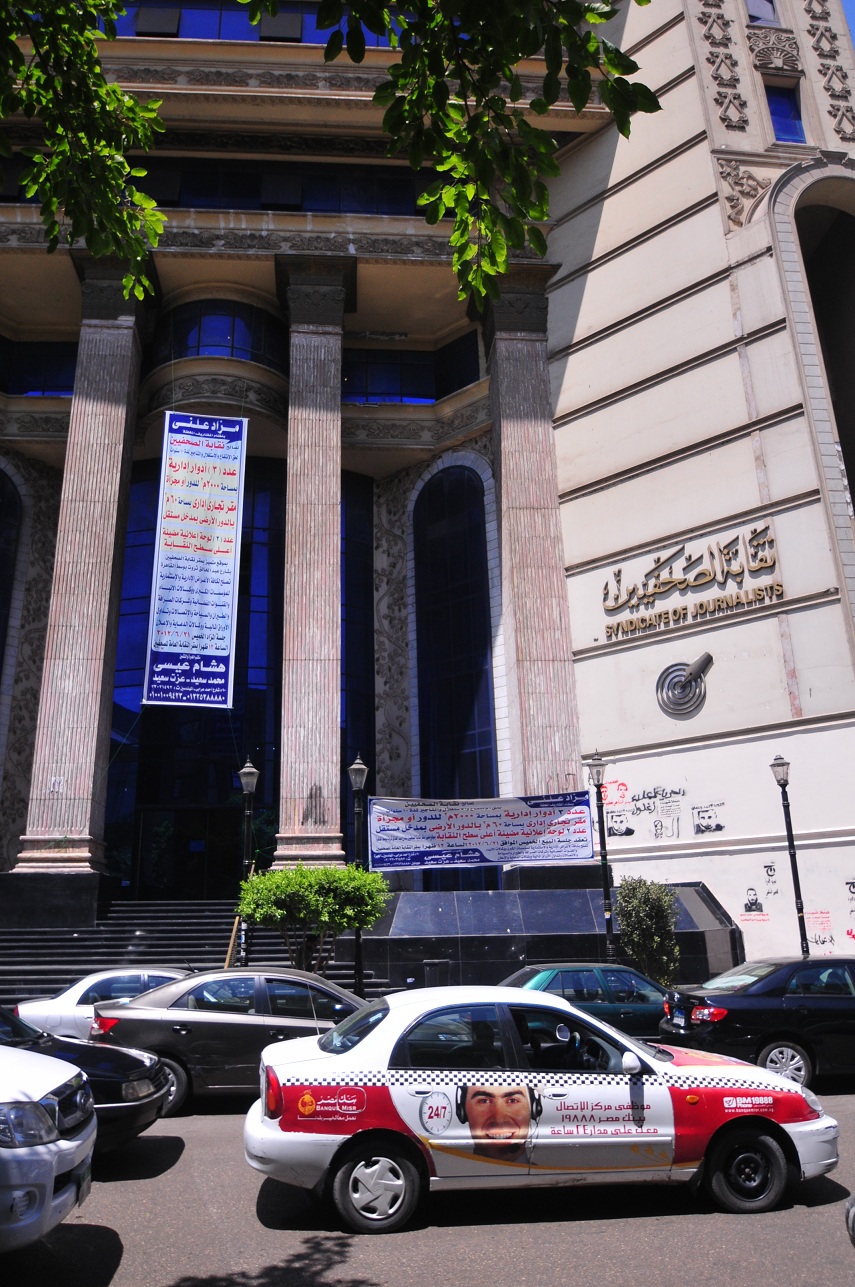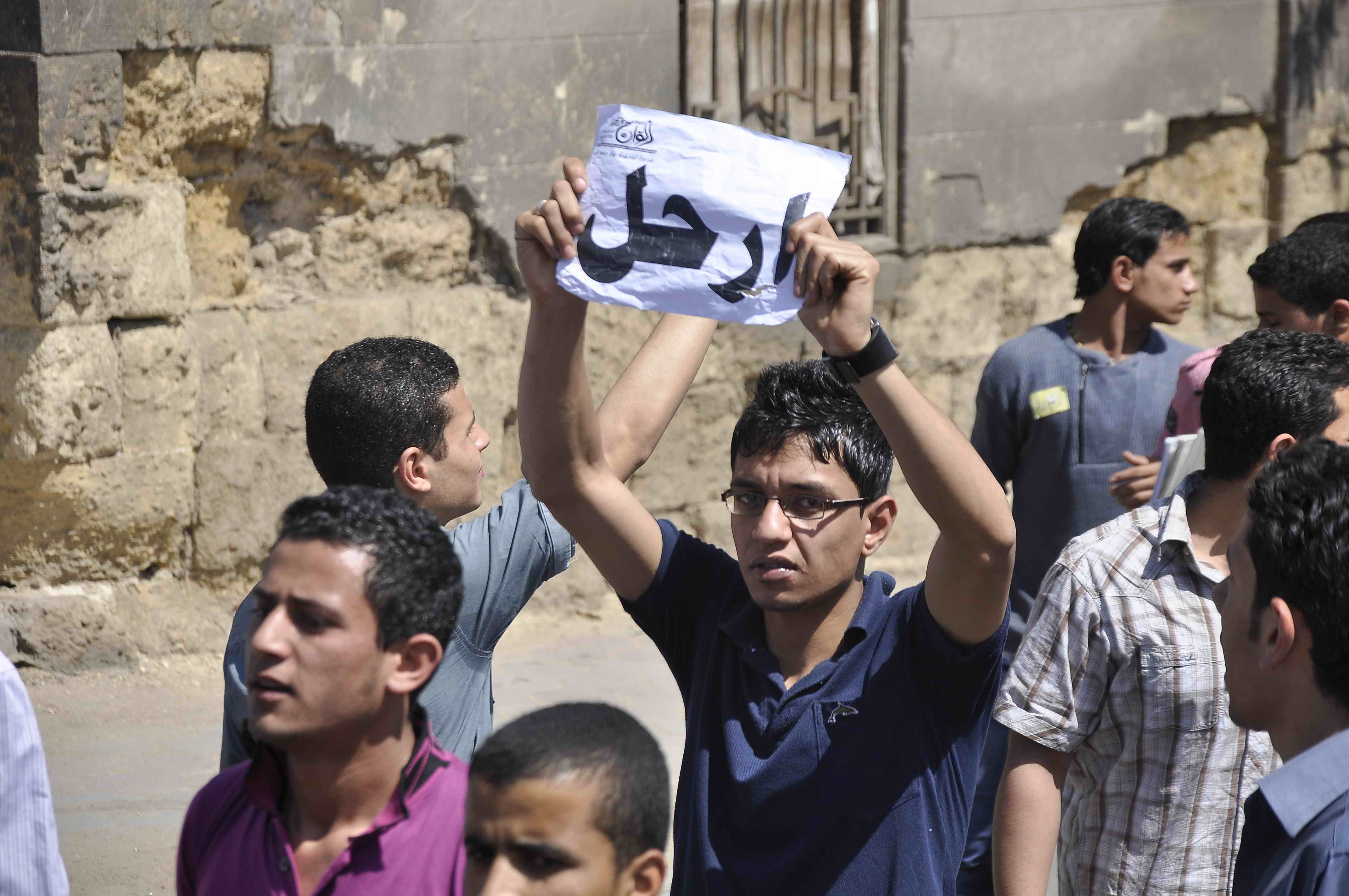AMMAN: Jordan is moving forward with plans to develop a civil nuclear program seen as important to meeting the country’s energy needs and reducing the reliance on imported fuel.
For a country that has to import almost all of its energy needs, leaving its economy susceptible to bouts of global market instability and price fluctuations, nuclear energy is a logical solution to Jordan’s burgeoning electricity requirements.
With electricity consumption projected to almost double by 2020, the need to boost generation capacity is becoming acute. Amman is looking at importing liquefied natural gas from Qatar and ramping up imports of gas and oil from other regional sources, such as Egypt and Iraq. Jordan would also like to develop an independent energy option.
The push to develop a nuclear energy capability was given further impetus in 2007 when it was confirmed the country had substantial reserves of uranium – at least 65,000 tons, more than enough to fuel its own ambitions and allow for exports.
As a result, Amman has set out plans to have a fully operational nuclear power facility by 2020, with a generation capacity of 1000 Mega Watts, which would meet around 20 percent of the country’s estimated electricity demand at that time.
Looking forward, Jordan is considering deploying additional nuclear generation capacity to raise atomic energy’s contribution to the mix to 30 percent by 2030.
To achieve these goals, Jordan has established an industry watchdog, the Jordan Nuclear Regulatory Commission, and the Jordan Atomic Energy Commission, tasked with the operational side.
The government has also enacted legislation to govern the sector and set out safety and management guidelines, while working to build bridges with other countries that have a track record in the industry.
In mid-June, Jordan and Japan finalized a draft agreement that, when approved by the Japanese parliament later this year, paves the way for high-level cooperation aimed at facilitating Amman’s nuclear program.
The agreement sets out a number of areas where the two countries can work together, including the exploration and exploitation of Jordan’s uranium resources; the design, construction and operation of reactors; safety and security; radioactive waste processing and disposal; radiation protection and environmental monitoring; and studies on and application of radioisotopes and radiation.
This cooperation extends as far as Japan possibly having a direct involvement in the construction of Jordan’s first commercial reactor, with Mitsubishi Heavy Industries and its French partner Areva being short listed for the contract to design and build the proposed plant. Under the current schedule, Jordan could award the contract for the power station by the end of this year.
In May, Jordan struck a similar deal with South Korea, outlining steps to promote joint efforts in the fields of safety issues, regulatory measures and research. South Korea is already playing a role in Jordan’s nuclear program, one that could expand in coming years.
Initial work is set to begin on Jordan’s first nuclear facility, an open-pool 5-Mega Watts research reactor, which has the potential to be upgraded to 10 Mega Watts.
To be built at the Jordan University of Science and Technology near Irbid by a South Korean contractor, the plant will form the core of the nation’s nuclear technology, serving as a stepping stone on Jordan’s road to developing full nuclear energy capacity.
Not only will the reactor allow Jordan to train up its own nuclear specialists but, once operational in 2015, it will also produce radioisotopes for medical purposes in quantities sufficient not only to meet local needs but also those of medical facilities overseas.
In a recent interview with the Wall Street Journal, King Abdullah II said that the entire process will be one of complete transparency. "I believe nuclear energy in Jordan will be done in such a way where it is a public-private partnership, so everyone can see exactly what’s going on," he said on June 12.
Developing a nuclear energy industry is not a cheap undertaking, involving the commitment of billions of dollars, one that will put pressure on the already stretched state budget.
However, with Jordan having to spend up to 20 percent of that budget annually on fuel imports, a self-sufficient civil nuclear energy program is a worthy investment.


